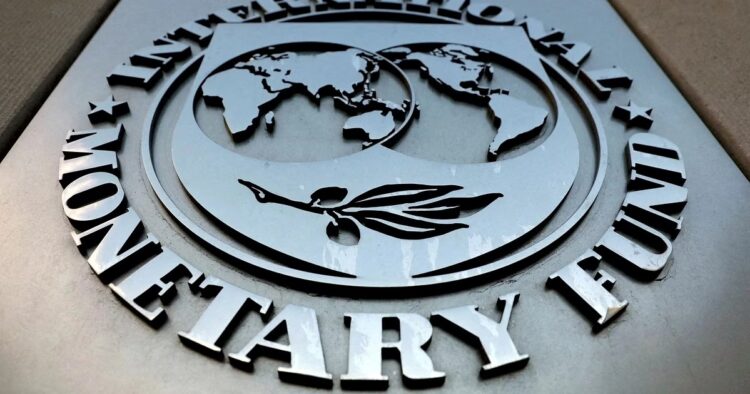The International Monetary Fund’s (IMF) board has given the green light for a significant loan of approximately $700 million to Pakistan, marking a crucial step in the country’s $3 billion bailout program. The approval comes after the completion of the IMF’s first review of the Standby Arrangement (SBA) program, bringing the total disbursements to around $1.9 billion.
The financial aid from the IMF is a crucial lifeline for Pakistan, helping it avoid a sovereign debt default. The program, initiated in July, required Pakistan to implement various measures, including revising its budget, raising the benchmark interest rate, and increasing electricity and natural gas prices.
The caretaker government currently in place oversees the implementation of the IMF loan program. The stability of Pakistan’s economy relies on the continued commitment and ownership of the economic reform agenda outlined by the IMF.
Stringent Measures Undertaken to Secure IMF Support
Before securing the IMF bailout, Pakistan had to undertake a series of measures as per the IMF’s demands. These measures included revising the national budget, raising the benchmark interest rate, and implementing hikes in electricity and natural gas prices. The goal was to address economic challenges and pave the way for financial stabilization.
Under the bailout agreement, Pakistan was required to generate an additional $1.34 billion in new taxation to meet fiscal adjustments. However, these measures contributed to a spike in inflation, reaching an all-time high of 38% year-on-year in May, which has since hovered above 30%.
IMF’s Assessment and Outlook for Pakistan’s Economy
The IMF mission, led by Pakistan mission chief Nathan Porter, conducted a review in November to assess whether Pakistan was meeting the benchmarks set under the SBA. The fund stressed the importance of “appropriately tight policy” to mitigate inflation, projecting a potential decrease to 18.5% by the end of June. It also noted that the exchange rate has remained “broadly stable.”
Despite the challenges, the IMF’s financial support, coupled with inflows from multilateral lenders, is expected to bolster the stability of the Pakistani rupee. Analysts anticipate that this new tranche will facilitate rollovers from friendly countries like the United Arab Emirates, China, and Saudi Arabia, easing external debt repayment pressures.
Market Response and Political Landscape
In response to the IMF’s decision, Pakistan’s international bonds experienced significant gains. Market analysts believe that the IMF’s backing will instill confidence in other lenders and markets, especially during a period of uncertainty leading up to the country’s scheduled elections on February 8.
The caretaker government, headed by interim Prime Minister Anwaar ul Haq Kakar, holds unprecedented authority due to recent legislation. This legislation empowers the caretaker government to make policy decisions on economic matters, ensuring the fulfillment of conditions for the IMF bailout secured in June.
Despite concerns and discussions about potential delays in the upcoming elections, the IMF’s board decision is seen as providing a level of confidence to lenders and markets during a critical juncture in Pakistan’s political and economic landscape.

















Comments